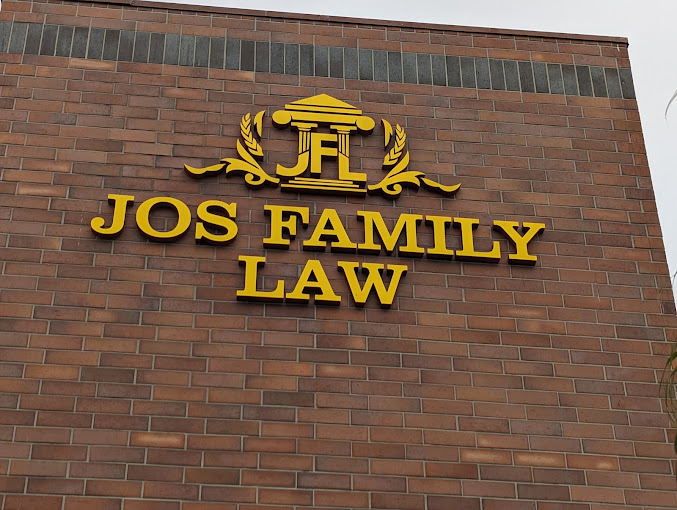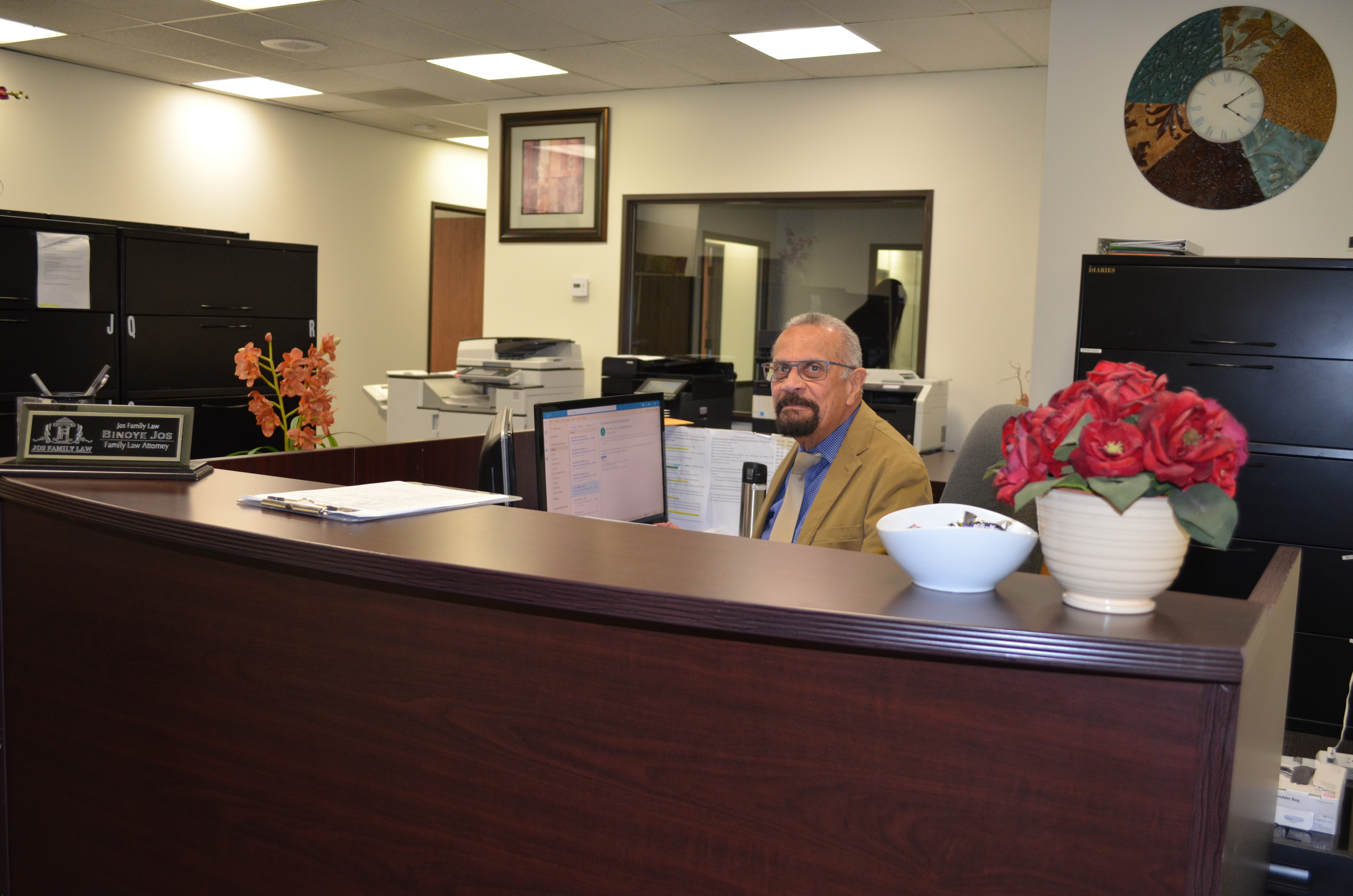Get Experienced Mission Viejo Attorneys in Your Side
When you & your spouse break up, it can really feel like the end of the world, or at least - the end of your world as you know it. There are so many decisions to make that may feel overwhelming and difficult, from figuring out how to divide your property to co-parenting with someone who feels like a complete stranger now. It's important to remember that there's hope on the other side of this tough time. If you find yourself needing the help & guidance of an expert, our Family Law Attorney Mission Viejo is here to help you through it all.
At Jos Family Law, our exclusive focus is to resolve your family law disputes as swiftly as possible. You are always the decision-maker, and we will be your trusted allies, helping you make informed decisions regarding your future. Our attorneys will provide practical guidance and support so you can achieve your goals with minimal stress. Our highly skilled attorneys will stay in touch with you, keeping you informed through the various stages of your case.
Schedule a consultation by calling (714) 733-7066 or sending an email to jos@josfamilylaw.com to discuss your situation with our knowledgeable attorneys.












